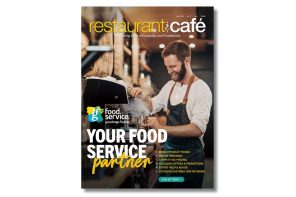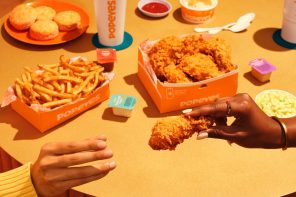Once the UK government’s Eat Out to Help Out (EOHO) scheme has ended, more than a third of people will dine out less often in September, according to the latest findings from a YouGov poll.
The research, conducted to discover the impact of EOHO, found that of those who dined out using the scheme, more than a third will dine out less than they did once the scheme ends. Of those who used the government discount scheme, 77 percent said they would support the government extending the scheme across the whole of September.
“As the scheme draws to a close, many businesses will be wondering if the high number of bookings they’ve enjoyed will continue after August,” commented YouGov research manager Matt Smith.
“Many businesses have been vocal about the need to extend the scheme to the whole of September.”
As of 23 August, approximately £336.0 million had been claimed through the scheme which has definitely had some success.
Data shows that around 40 percent of adults used EOHO to make their first return to restaurants since lockdown and the number of customers at UK restaurants were consistently higher between Mondays and Wednesdays (when the discount can be used) this August compared to last.
What happens beyond August?
Despite its success in putting bums on seats during the last month, the wider impact of the government scheme is moot. The industry has largely fallen into two camps: those that believe it has done its job in encouraging people out into restaurants, kickstarting an eating out revival (albeit a tentative one); and those that believe that once the discount stops dining rooms up and down the country will once again fall silent.
Peter Martin from CGA Peach, a market measurement, data and research consultancy, is very much in the former camp, citing CGA research that found that people do intend to continue eating out beyond August.
“The industry has a successful base on which to build,” said Martin, who is aware of the disconnect between people’s intention and actions.
“The big challenge for the industry now is to get their marketing in gear,” he continued. “It’s no longer about discounting, it needs to be a bit more creative.”
The results of a recent poll conducted by Lumina Intelligence suggested that the industry does not want to return to the days of discounts, that said the chorus of independent restaurants and groups that have announced that they will continue in a similar vein as EOHO into September and beyond, but this time footing the discount themselves, is getting louder. Of course, there are many small business that are not in the position to be able to do this.
Other restauranteurs fear that the industry could be sleepwalking back into a period of deep discounting, a tactic that previously undermined the sector and led to a perilous squeezing of restaurant margins.
When questioned by Lumina Intelligence as to whether offering discounts could be damaging for their business going forward, operators were split with 48 percent fearing it might and 52 percent believing it would not. There is also a fear that the actions of some of the bigger brands in continuing discounts could drag smaller businesses into a price war that many cannot afford to fight.
The UK hospitality sector, in fact the hospitality industry worldwide, will definitely need continued support. What form that support comes in is yet to be seen but it’s important for New Zealand to look to overseas to see what is working for others and what isn’t so that we can come up with the best solution to strengthen our hospitality industry moving forward.






